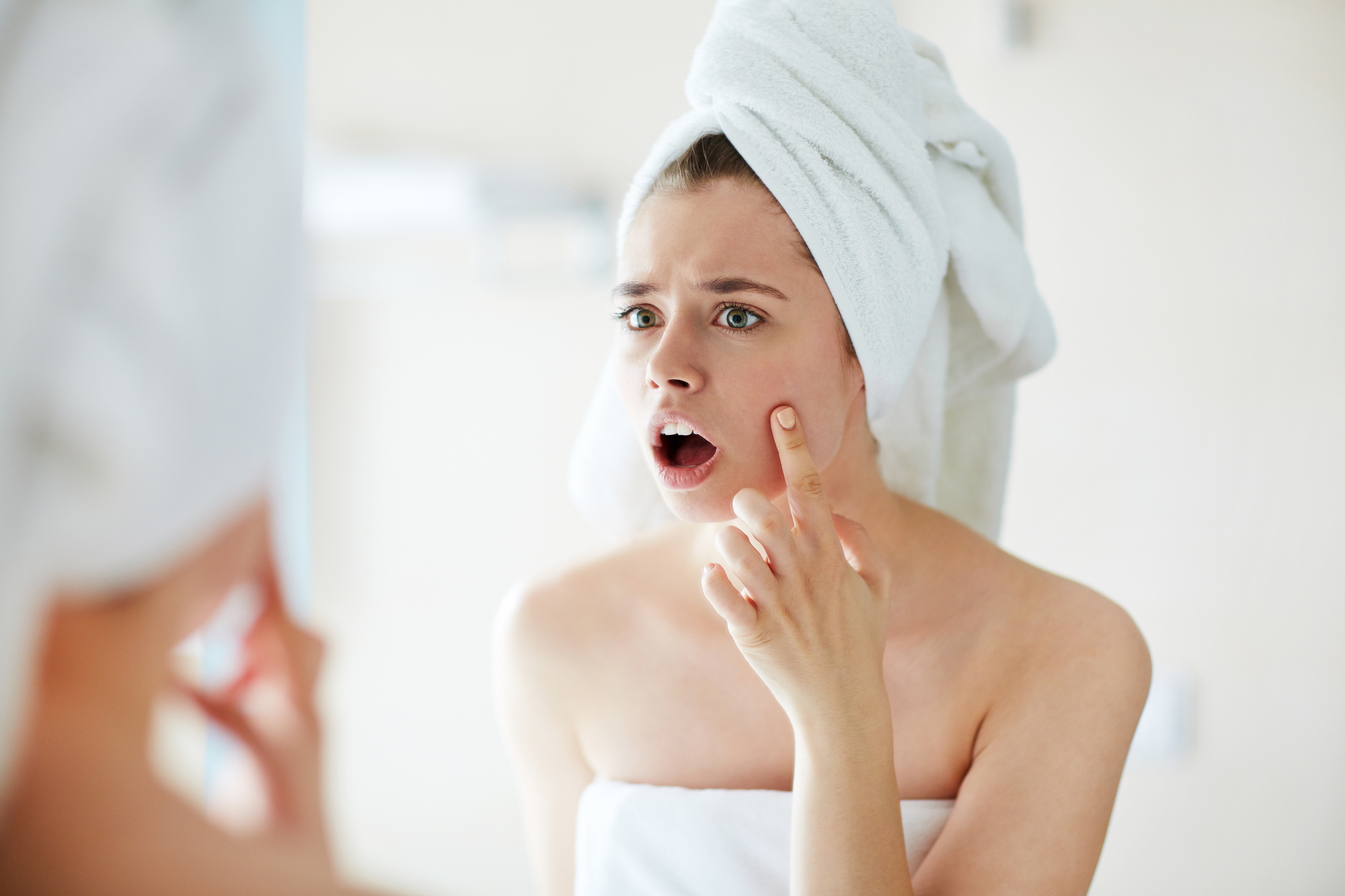We all know that wearing a mask is important for keeping ourselves and others safe from coronavirus. However, the downside to wearing a mask is that it can cause breakouts, also known as “mask acne” or “mascne”.
Luckily, there are things you can do to prevent mask acne.
Check out this guide to learn how it’s done.
1. Wash Your Mask
First things first, you need to make sure you wash your mask on a regular basis.
Luckily, most masks can be thrown in with your regular laundry, so you don’t need to do anything extra to keep them clean. To wash your mask, you should use regular laundry detergent and turn your machine to the warmest water setting.
If you don’t have a laundry machine readily available, you can also wash your masks by hand. First, you’ll want to prepare a bleach cleaning solution by mixing five tablespoons of regular household bleach with one gallon of room temperature water.
You can also use four teaspoons of household bleach with one quart of water at room temperature for a smaller load. After mixing, soak the mask in the solution for about five minutes. Then, rinse your mask thoroughly with cool or room temperature water.
You can either air-dry your mask or pop it in the dryer. If you use a dryer, make sure to use the highest heat setting, as this will help kill more germs. If you choose to air-dry your mask lay it out flat and let it dry out completely. If possible, place your mask in direct sunlight to dry.
2. Wear a Made from the Right Material
Wearing a cotton or silk face mask can also help to prevent acne.
If you have extra-sensitive skin that’s prone to breakouts, we suggest wearing a mask made from silk. Silk is made up of natural proteins and 18 essential amino acids that speed up the metabolism of skin cells and help combat the effects of aging.
Silk also doesn’t dehydrate the skin as much as other materials do. This is because silk’s tightly-woven, smooth fibers help keep moisture locked into the skin. If you have skin that’s dry and flaky as well as acne-prone, then a silk mask can be especially helpful.
Another major benefit of silk is that it comes with antimicrobial properties. This means that if you suffer from eczema or other skin conditions, silk won’t cause any further irritation.
Another great mask material is cotton. Cotton is soft, natural, and breathable, and it’s great for acne-prone skin. Plus, cotton fabrics are very easy to wash.
Fabrics that you want to avoid include nylon, polyester, and rayon, as these are more likely to cause skin irritation and breakouts.
3. Make Sure Your Mask is the Right Fit
In addition to selecting the right material for your mask, you also need to make sure that your mask is the right fit.
Your mask should have a snug, yet comfortable fit. If your mask is too tight or is sliding around on your face, it can cause skin irritation.
Also, if your mask fits you poorly, you’re more likely to adjust it. Every time you touch your mask, you can transfer germs both to your mask and your face. If you can, opt for an adjustable mask so you can find the perfect fit for your face.
4. Take Breaks When You Can
It’s also important to try and take breaks from wearing your mask so you can give your skin some time to breathe. Just like your skin needs a break from makeup and lotions, so too does it need a break from masks.
Of course, you should only remove your mask when it’s safe to do so. Try to find a 10 to 15-minute break from wearing your mask every four hours. If you can, remove your mask outdoors within a 6-foot distance of others.
You can also take a break to remove your mask inside your home or inside your car.
5. Avoid Makeup and Other Unnecessary Products
We already know that sweat and makeup don’t go hand in hand. However, under normal circumstances, your sweaty skin is at least allowed to breathe. When your sweaty skin is just sitting under your mask, it’s a recipe for disaster.
This is why we suggest you go without makeup when wearing a mask to prevent breakouts. The plus side to this is that with your mask on, no one will be able to see your makeup-free face!
If you do choose to wear makeup under your mask, make sure it’s non-comedogenic or oil-free.
6. Keep Up With Your Skincare Routine
If you want to prevent mask acne, then it’s more important than ever to keep up with your skincare routine. While everyone’s skincare routine looks slightly different depending on their needs, you should be:
- Washing your face twice per day with a gentle cleanser
- Moisturizing your face in the morning and evening
- Using sunscreen whenever you go outside
- Avoid touching your face as much as possible (this can also help prevent the spread of the virus)
You should also see your dermatologists for recommendations specific to your skin.
Are You Ready to Say Goodbye to Mask Acne?
By following these tips, you’ll be able to prevent mask acne. Not only that, but many of these tips will also help you stop the spread of the virus.
For more tips on saving your skin during the time of COVID-19, be sure to check back in with our blog.

Leave a Reply